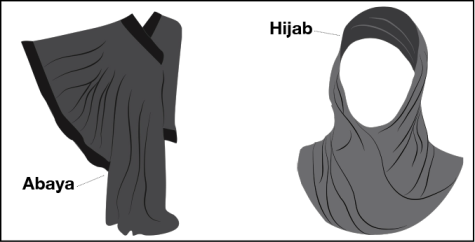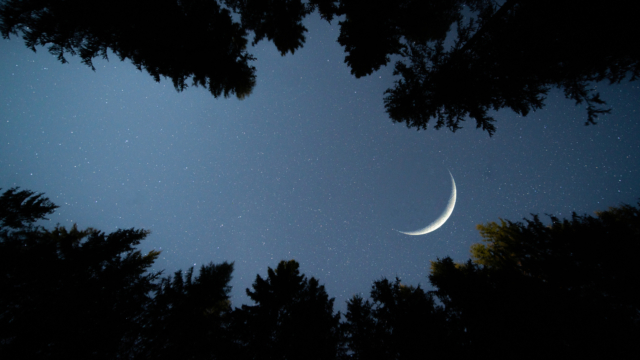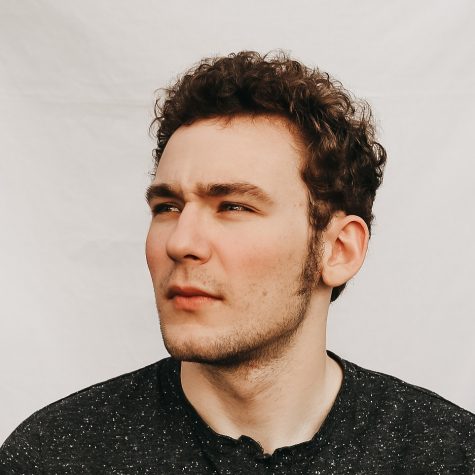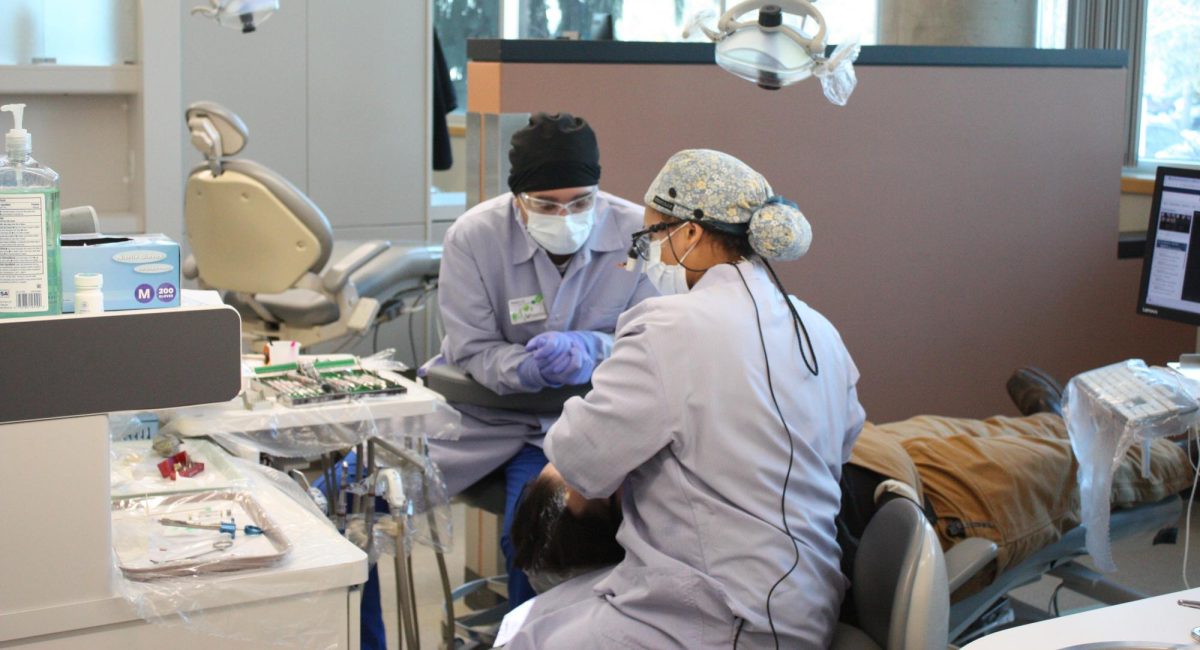A Rundown on Ramadan: Islam’s Holiest Month
Starting Ramadan with newborn Moon
April 21, 2021
As the sun sets on the horizon, many are relaxed and preparing for bed. Night has come, little is on the mind and the time for relaxation and sleep is at hand. During Ramadan however, the situation is very different for Muslims all over the world. Prayer and the breaking of fast occur each day of Ramadan as the sun sets during the holiest month in all of Islam. But what exactly is Ramadan?
To be exact, Ramadan occurs during the ninth month of the 12-month Islamic Calendar, which is based on the lunar cycle. Because of this, it’s shorter than the standard Gregorian solar calendar by 11 days, meaning Ramadan takes place during a different time each year. During Ramadan, Muslims fast from dawn until dusk each day. They avoid eating, drinking, smoking, sexual activity and impure thoughts, words and immoral behaviour. All Muslims are required to take part except children, the eldery, those who are ill, pregnant, menstruating or traveling.
At the beginning of the day before the sun rises, Muslims start with prayer and a pre-dawn meal known as Sahūr. It isn’t until after sunset that Muslims will gather to pray and partake with their family and friends in a meal called ifṭār. As was the custom of Muhammed, the meal will often begin with dates or apricots. But many might ask, why this month? What exactly makes Ramadan so special? Why fast?
According to the Islamic belief, Ramadan was the month when Allah revealed the first verses of the Quran (Islam’s holy book) to the Prophet Muhammed. It is even said by Muhammed that “When the month of Ramadan starts, the gates of heaven are opened and the gates of hell are closed and the devils are chained.”

In Islamic tradition, women wear an abaya and a hjiab when they are in public.
Fasting is especially important, as fasting makes up one of the five pillars of Islam. These five pillars are incredibly important and make up the basis of Islam. They include shahādah, the Muslim profession of faith; ṣalāt, or prayer, performed in a prescribed manner five times each day; zakāt, the alms tax imposed to benefit the poor and the needy; ṣawm, fasting during the month of Ramadan; and hajj, the major pilgrimage to Mecca, if financial and physical conditions permit.
Ramadan ends with a big three-day celebration called Eid al-Fitr, or the Festival of the Breaking of the Fast. Eid al-Fitr includes special prayers, feasting with friends and relatives and some gift exchanging.
Islam is the world’s second-largest religion, right behind Christianity, with over 1 billion followers worldwide, 7 million of which live in the U.S. This year Ramadan takes place from Monday, April 12 to Wednesday, May 12.
It has been suggested that if you want to wish your Muslim friends a happy Ramadan, a simple “Happy Ramadan!” or “Happy Eid!” is more than welcome and perfectly acceptable. For those wishing to be more accurate and use standard greetings, there is “Ramadan/Eid kareem” (meaning “have a generous Ramadan/Eid”) or “Ramadan/Eid mubarak” (meaning “have a blessed Ramadan/Eid”).









